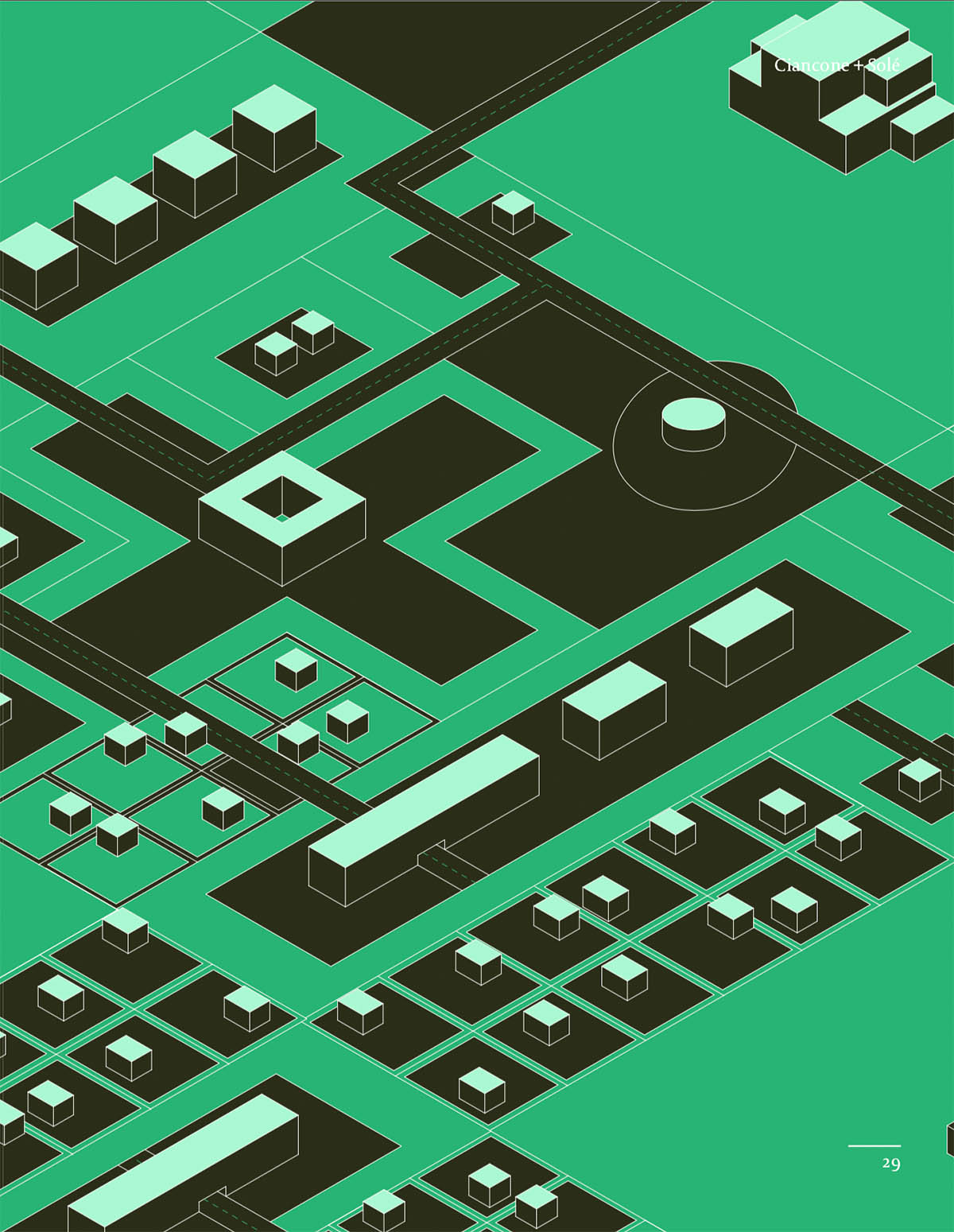Beyond Reconstruction: Mexico and the 2017 Earthquakes
In September of 2017 Mexico experienced a serious of devastating earthquakes affecting not only Mexico City but also several states in the country. Physical damage was widespread but affected each location differently, from mid-rise buildings collapsing in Mexico City to low-density dwellings and centuries-old churches collapsing in Morelos and Oaxaca.
The earthquake effects became both symptoms and evidence of asymmetrical urban, territorial and social development. An approach to this catastrophic event should go beyond reconstruction and imagine new forms of more resilient and equitable forms of urbanization.
This research seminar will examine post-earthquake Mexico projectively, using the recent disaster as an opportunity to rethink, conceptually redefine, and proactively reconfigure urbanization in Mexico.
Students will use a variety of methodologies such as analytical, mapping and design techniques as well as archival, survey, planning, design, and critical conservation practices — to establish the groundwork for a more sustainable, resilient, culturally sensitive, and aesthetically profound urbanism, paying special attention to inequalities and injustices that are played out in urban space and territories.
The class will be led by Diane Davis and Jose Castillo, and will count on the participation of a variety of leading scholars from Mexico and the Boston area.
Projects
-

The Half City
Spring 2018